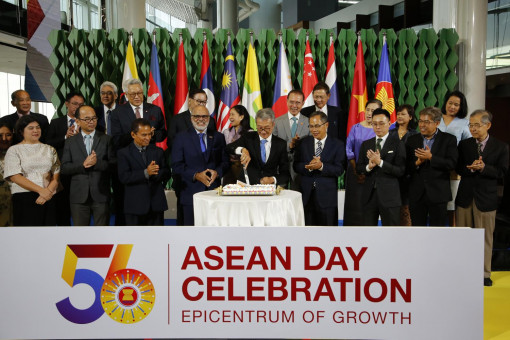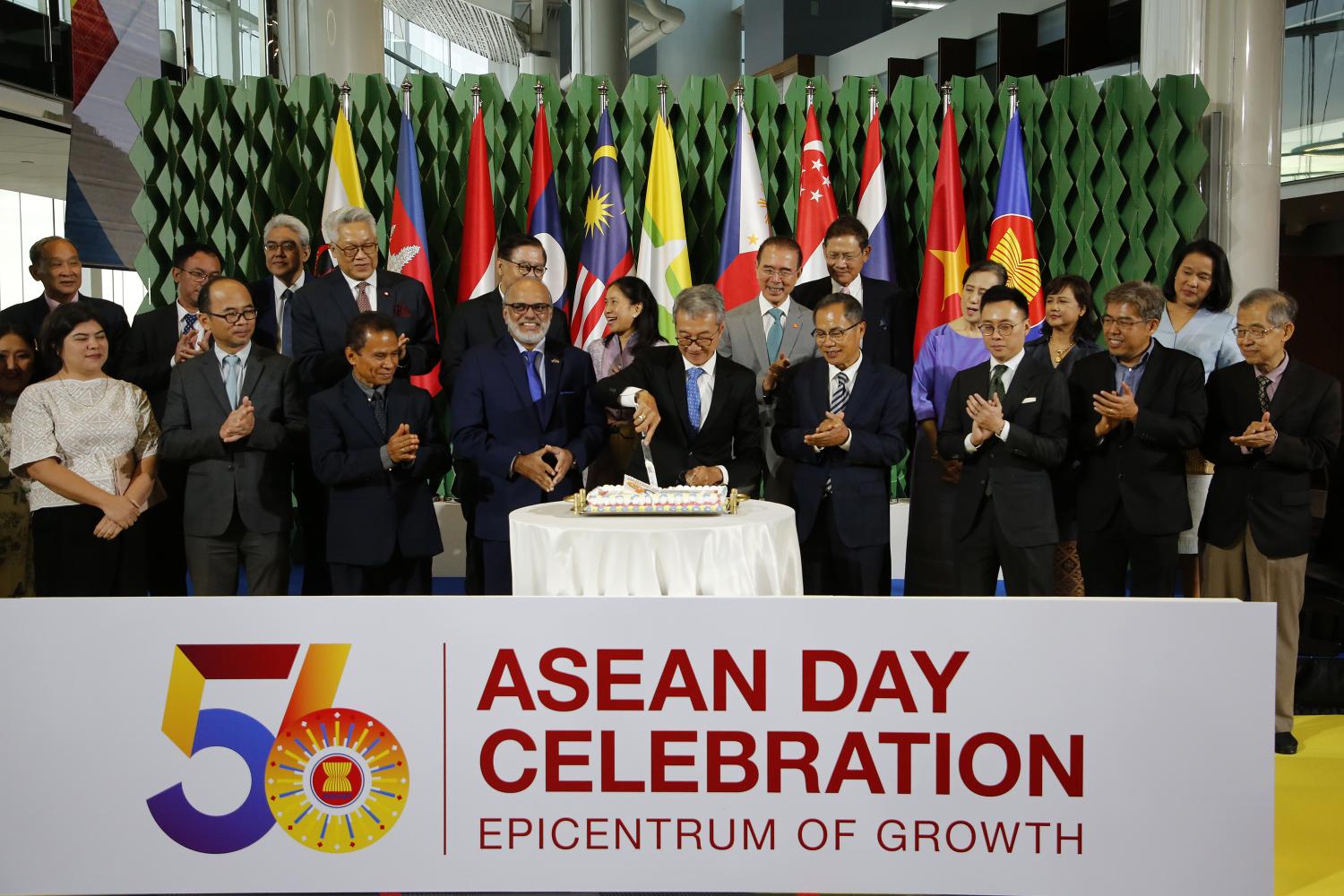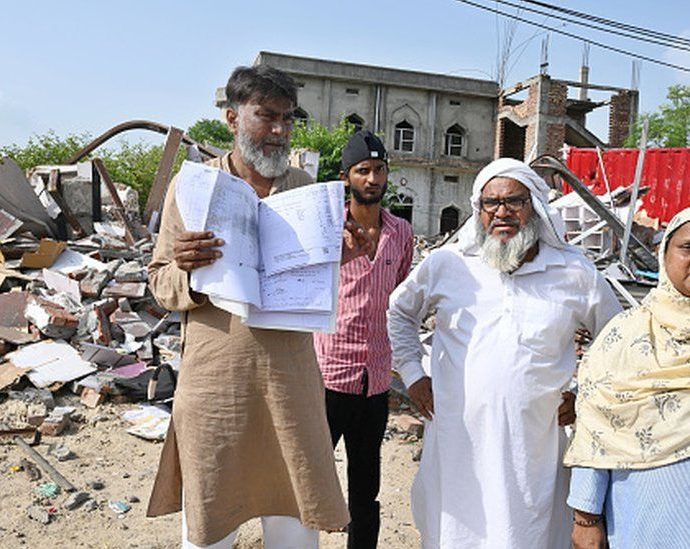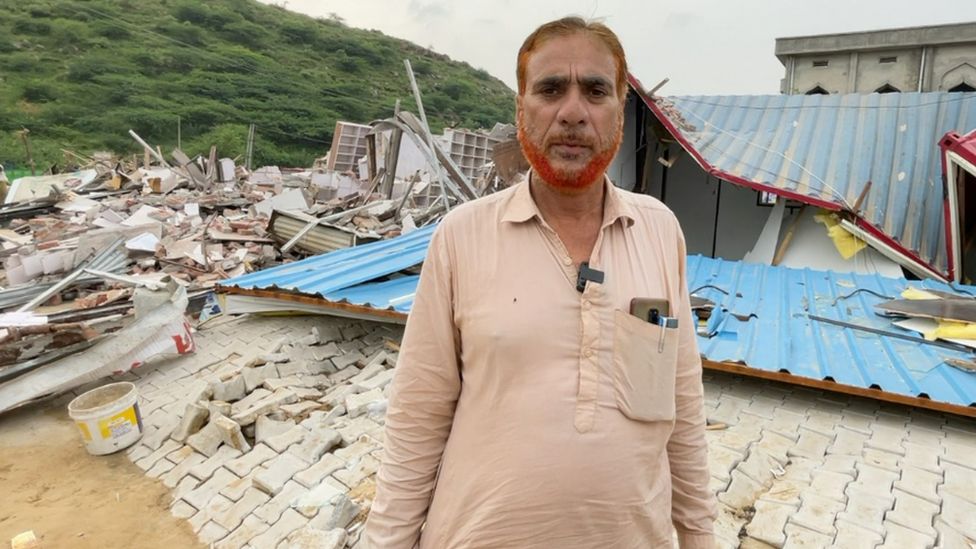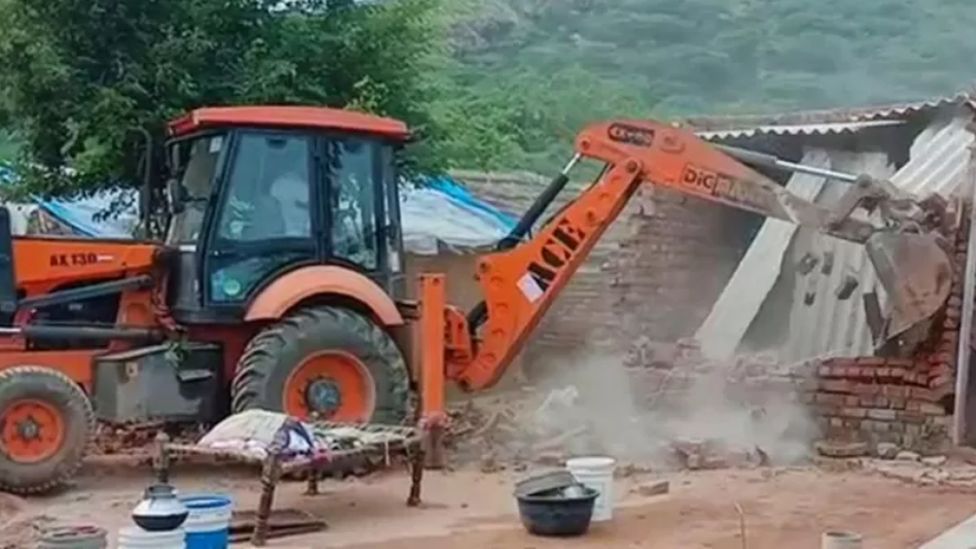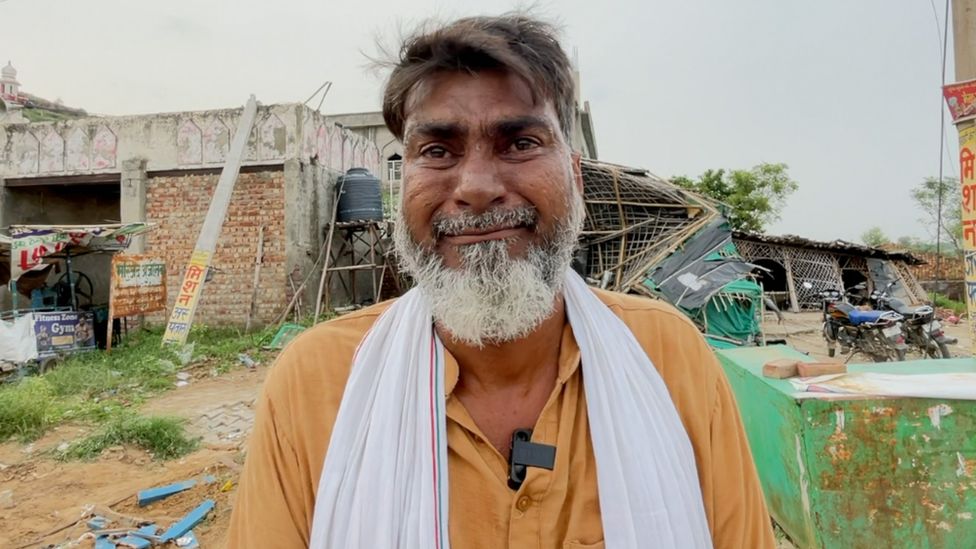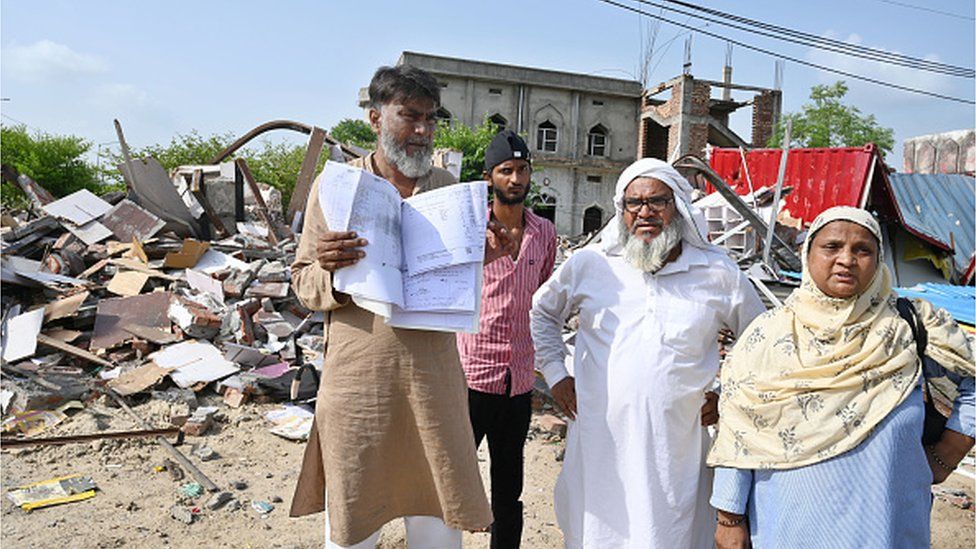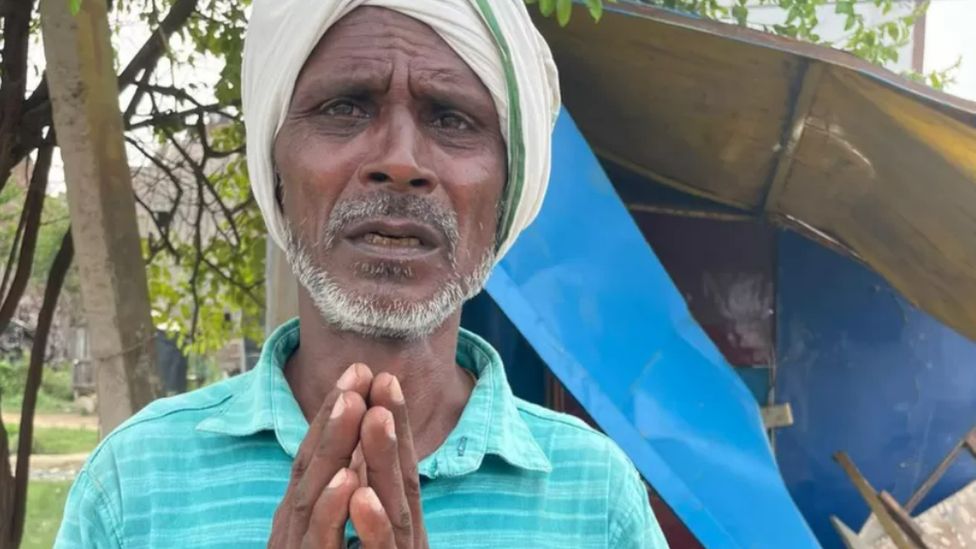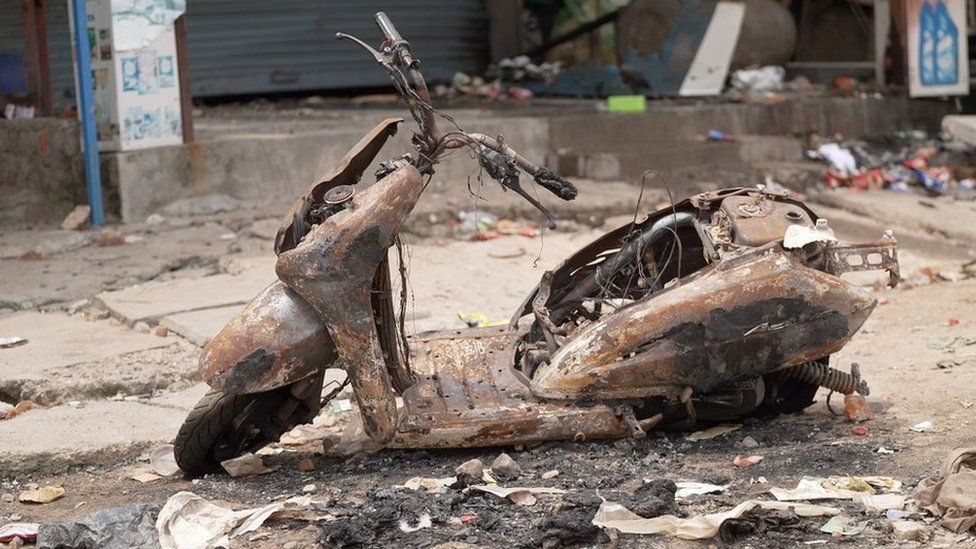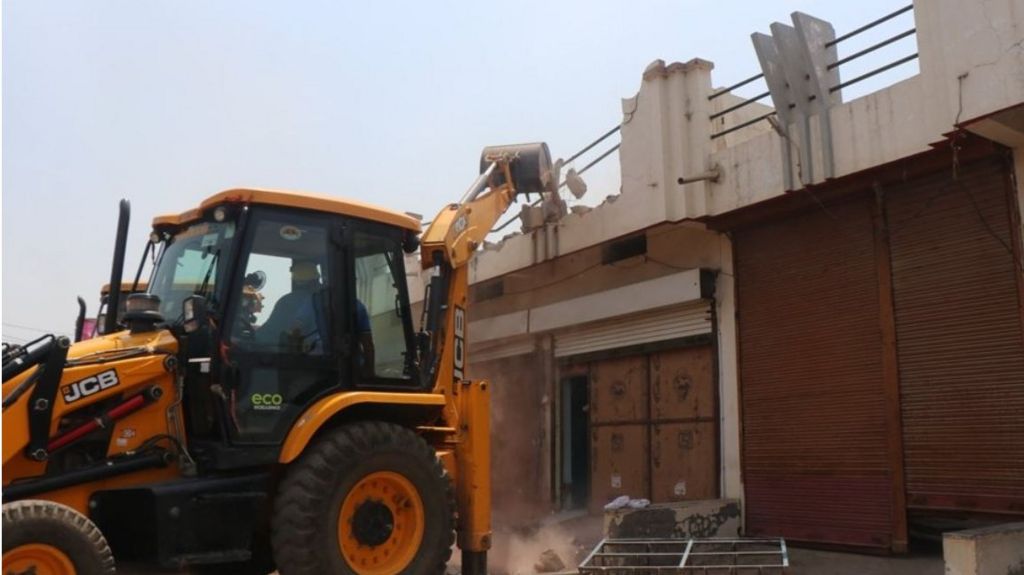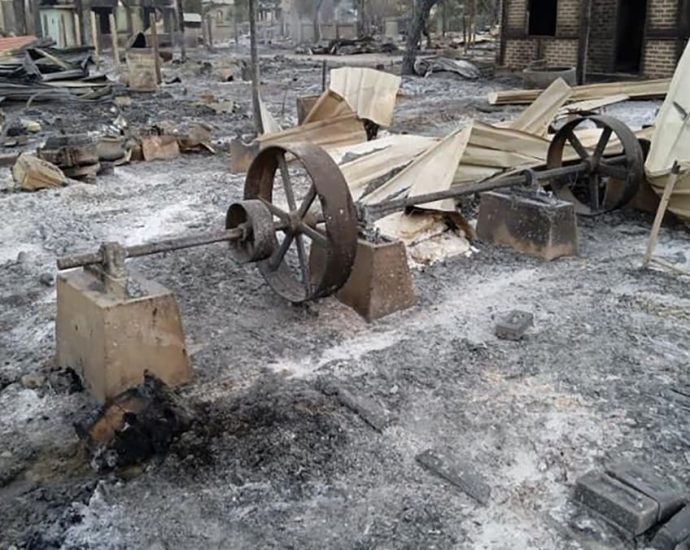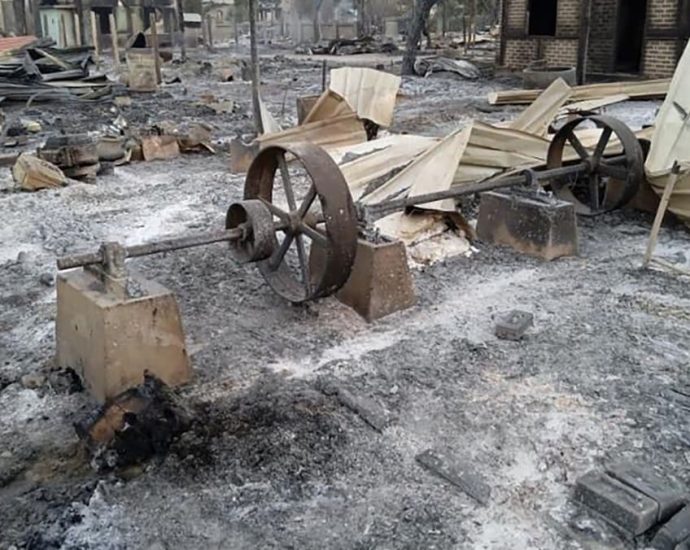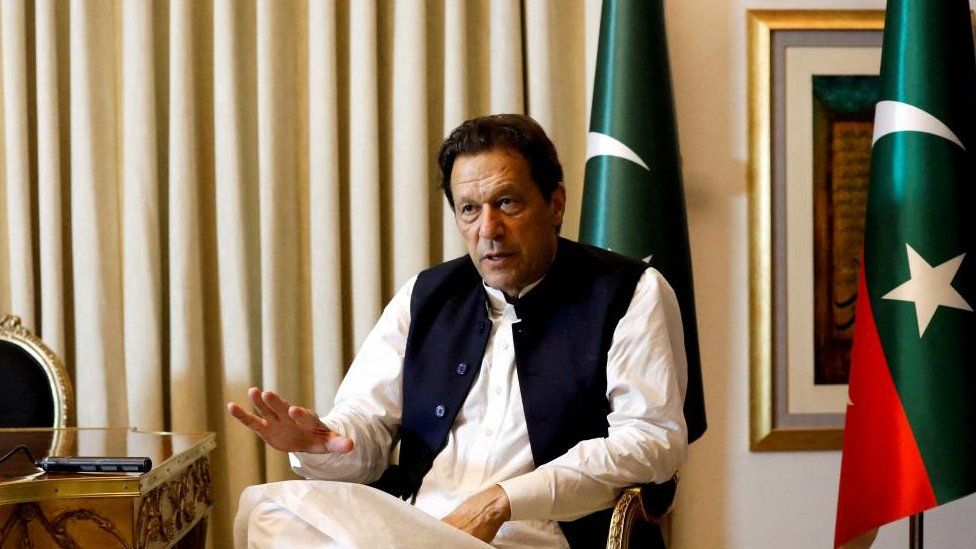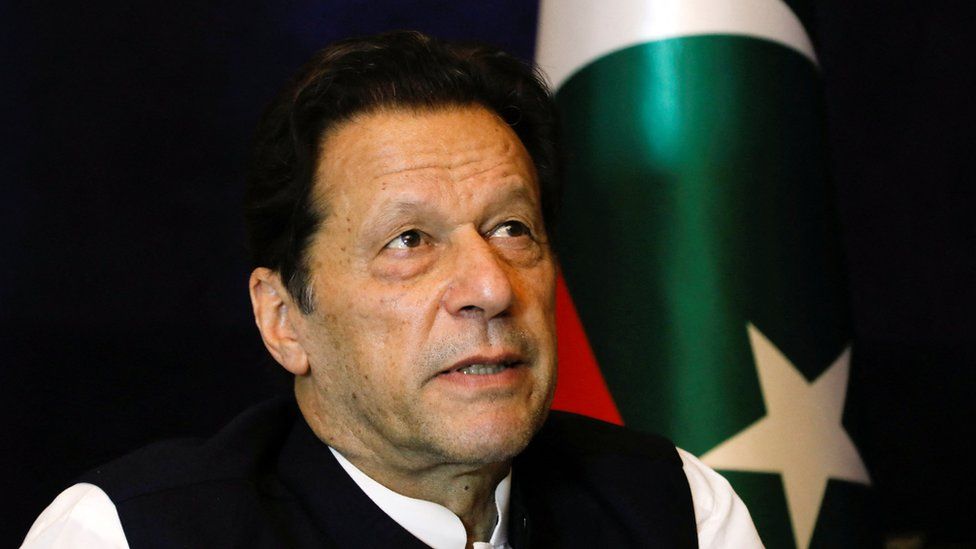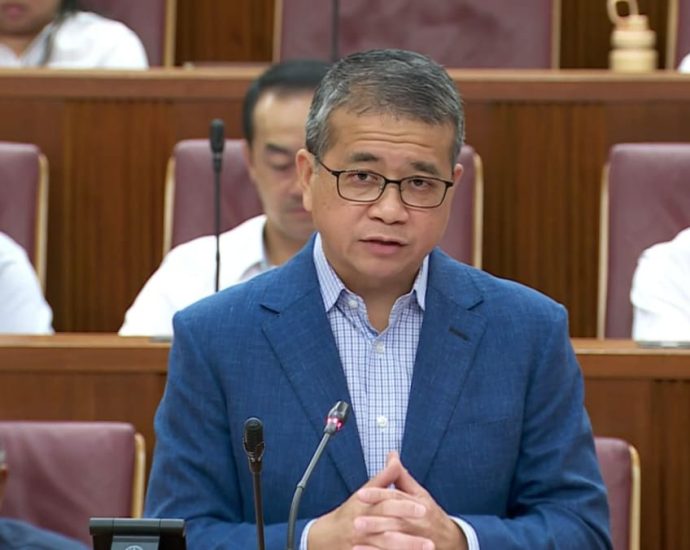Prawit, Xu tackle cybercrime

PUBLISHED : 9 Aug 2023 at 05:00
The Thai and Chinese governments have agreed to join hands to combat transnational crime, call centre scams and cybercrime.
Deputy Prime Minister Prawit Wongsuwon welcomed Xu Ganlu, Vice Minister of Public Security and Commissioner of the National Immigration Administration of China at Government House yesterday.
The meeting focused on bilateral cooperation to enforce the suppression of crime. Mr Xu said that China would welcome assistance from Thailand with law enforcement along the Mekong River.
Mr Xu will also join the 26th Asean Directors-General of Immigration Departments and Heads of Consular Affairs Divisions of Ministries of Foreign Affairs Meeting (DGICM) from Aug 7–11 in Phuket.
“Thai-Chinese diplomatic ties play an important role in Thailand’s foreign policies. Thailand still stands firmly behind the-China Policy and is glad to see our relations improve following high-profile visits from both sides. Our two countries still have a lot to offer one another,” said Gen Prawit.
Mr Xu also mentioned that they had agreed to cooperate further in enforcing laws to suppress transnational crime and also boost immigration opportunities.
Gen Prawit also reportedly expressed his condolences after recent severe floods in several cities in China, including Beijing.



